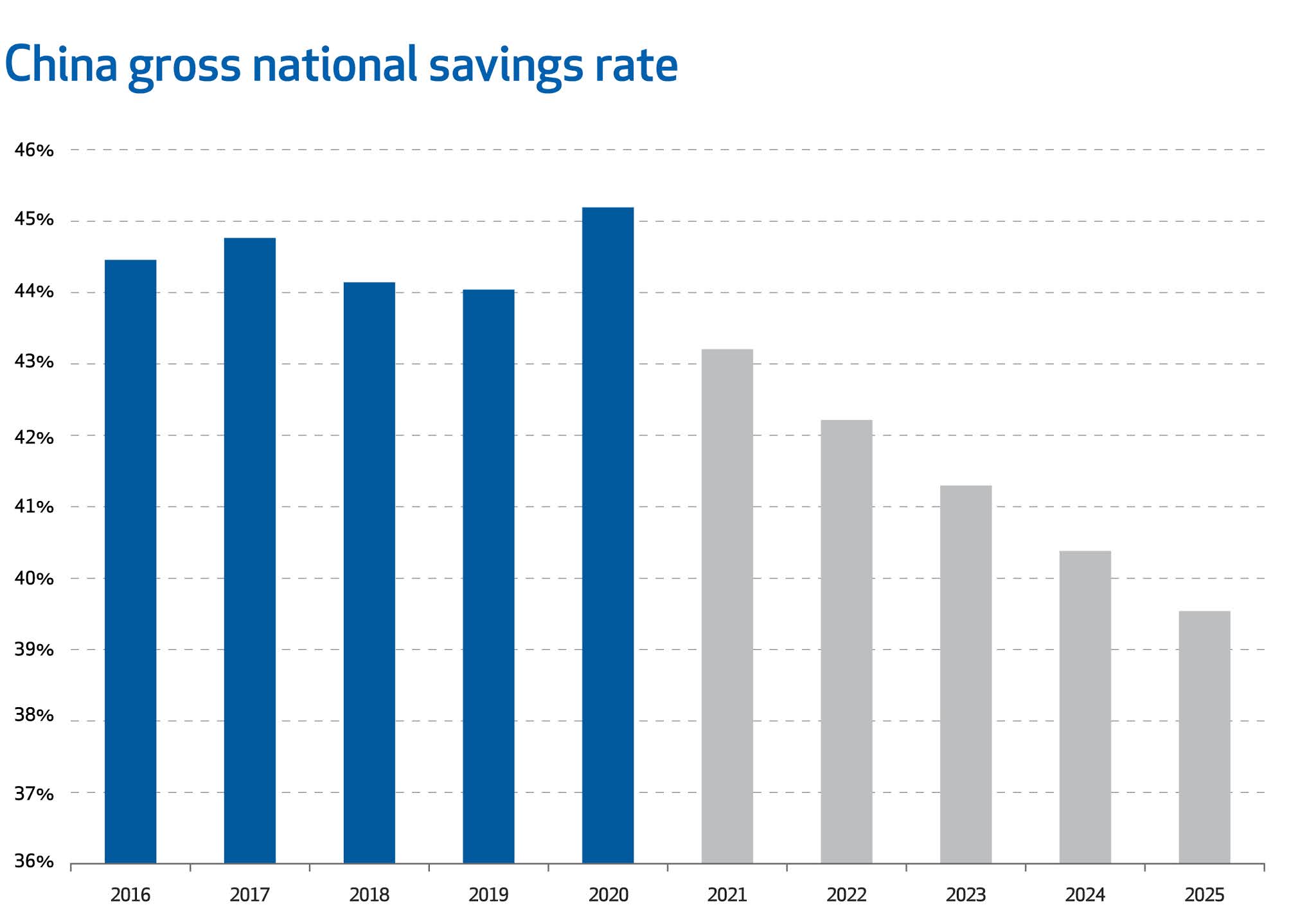Might Bitcoin be the new gold?
And what is Bitcoin?

Bitcoin is a digital (electronic) currency. It’s stored on-line and used to settle transactions. Where we once used dollars and cents, we can use Bitcoin. More often it is known as a cryptocurrency. Of which there are many – it just happens that Bitcoin was the first to be created, in 2009, and therefore has become the best known. Others include Ethereum, Ripple and Litecoin. If Bitcoin has been in conversation in recent years, likely the focus has been on the opportunity to make money, but that it is speculative at best. There is now increasing discussion of Bitcoin as a serious investment option, over and above its core task of settling transactions. Particularly now there has been a drop in fraud concerns and increased safety in on-line storage options. It is even possible to buy insurance against Bitcoin theft and hacking. Gold meanwhile has been regarded as a store of value for centuries. Currencies, countries and investments have periodically collapsed but gold...










